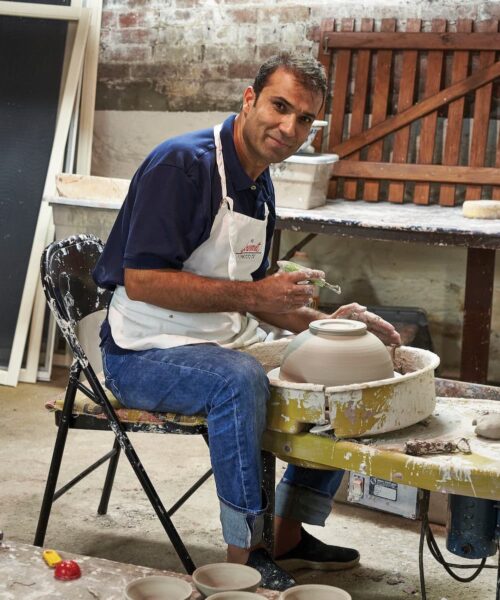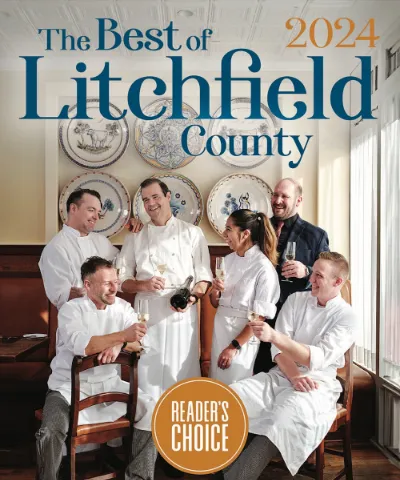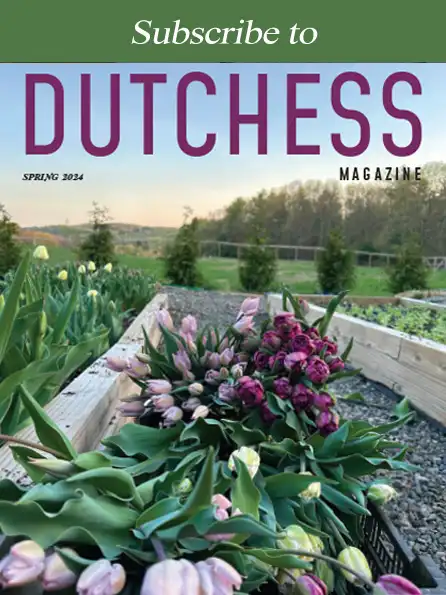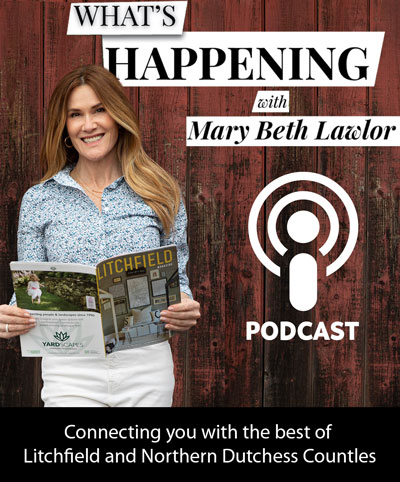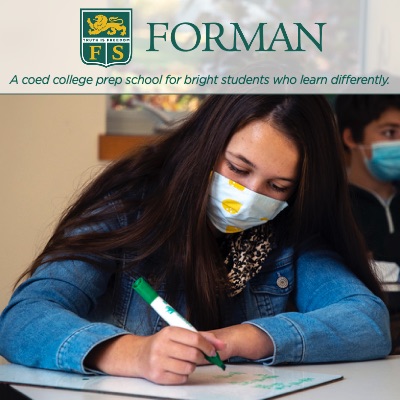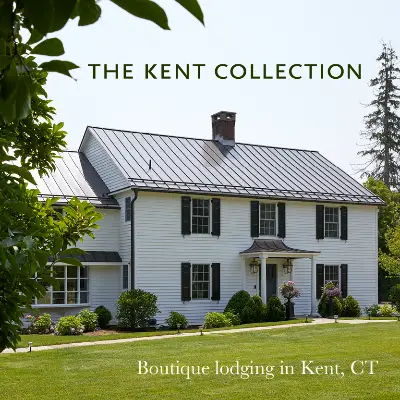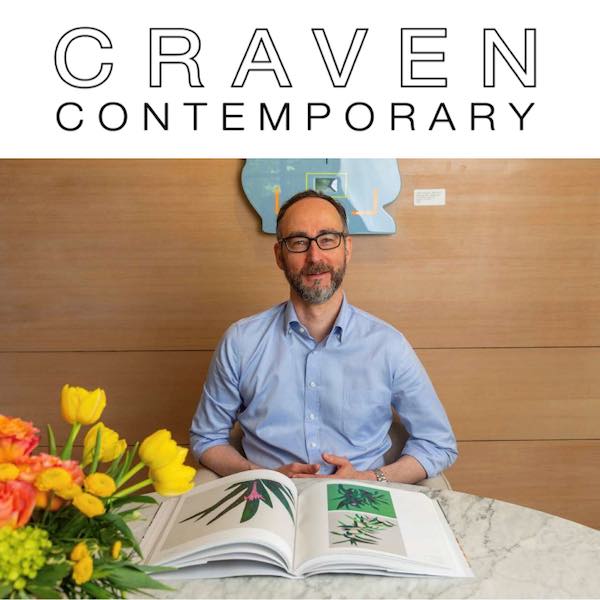By Charles Dubow
There are probably not many New Milford residents who have been welcomed to Buckingham Palace. It is also fairly safe to say that—nothing against New Milford—few of its residents have ever been called a “national treasure.” Yet Matin Malikzada can lay claim to both honors.
A seventh-generation potter from Afghanistan, through the auspices of New Milford Refugee Resettlement, Matin and his young family arrived in March of 2022 after having escaped the Taliban. But he is not just any potter. “What is important to understand about Matin,” says Litchfield County’s doyen of pottery Guy Wolff, “is that he is a living embodiment of a tradition that goes back centuries and he is an absolute master of his craft.”
A visit to the Malikzada’s home in New Milford reveals a porch covered with elegant vases, pots, bowls and dishes waiting to be glazed and fired. “I am not happy unless I am working,” says Matin through an interpreter. “I have been doing this since I was seven when I started to help my father in his workshop.” Now at the age of 36 he has achieved what Wolff says is the true sign of a virtuoso: effortlessness. “It’s something more than skill or talent—and Matin has it.”
The community has warmly welcomed Matin. Local potters like Wolff and Jayson Roberts at the Village Center for the Arts have loaned him tools and material, and given him the chance to fire his pots in their kilns. Local galleries and art associations have also opened their doors to him. So far he has shown his work at Wolff’s shop and the VCA, as well as at Kent Art Gallery, Brookfield Craft, Waterbury’s Mattatuck Museum, Judy Black and the Washington Art Association in Washington, and Privet House in New Preston.
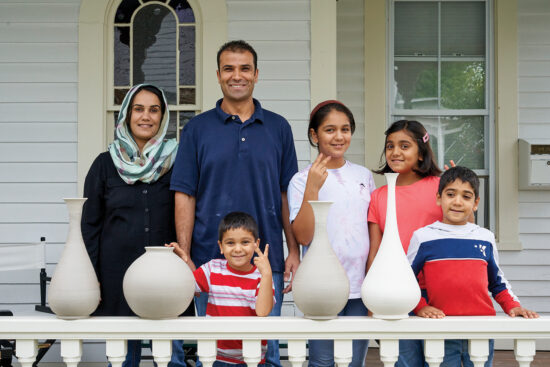
Nevertheless, challenges remain. It is tough for even the most talented and respected artists to make a living, but tougher still when one is separated from the traditional raw materials that characterize one’s work. “I am very grateful for all the help I have been given,” says Matin, “but I can’t get the same clay or the same glaze I used back home. I can still create beautiful pieces but it’s not the same thing.”
He has tried to recreate the glaze, which is derived from a plant called eshkar that only grows in a certain part of Afghanistan and which gives its pottery its distinctive rich turquoise color. He attempted to grow the plant himself in New Milford without success. “He is used to making all his material by hand,” says Wolff. “You just don’t go to the local art supply store for your glaze. That’s part of what makes his work so special.” Matin also needs a studio and kiln of his own. So far he has relied on the kindness of his friends and supporters but that’s not a long-term solution. “What he needs is a Medici,” laughs Wolff.
He had one of sorts in the form of the Prince of Wales, now King Charles III, who founded a non-profit called Turquoise Mountain in 2006 to support and revive traditional crafts in Afghanistan. Not only did Matin run Turquoise Mountain’s ceramics department in Kabul, through it his work was displayed at the Palace in London and the Smithsonian.
But for now he is happy to be in New Milford and to be allowed to continue to make and sell his work. “I will tell you a funny story,” he says. “People ask me why I charge so much for a piece that took me only 15 minutes to make. I tell them it didn’t take me 15 minutes. It took me 35 years.”
To learn more about Matin’s work or to place an order, go to malikzadapottery.com




